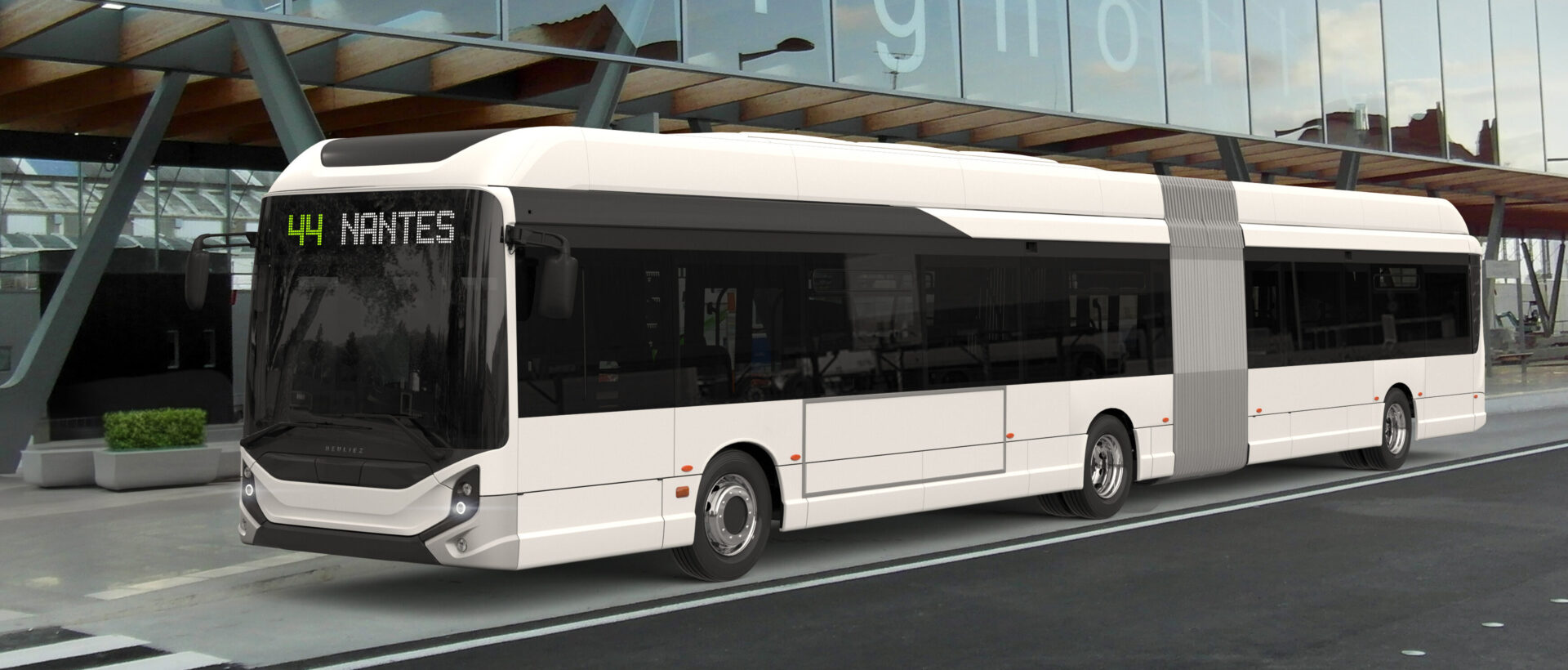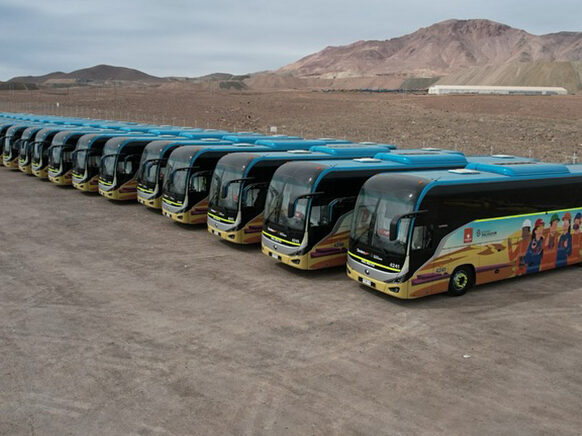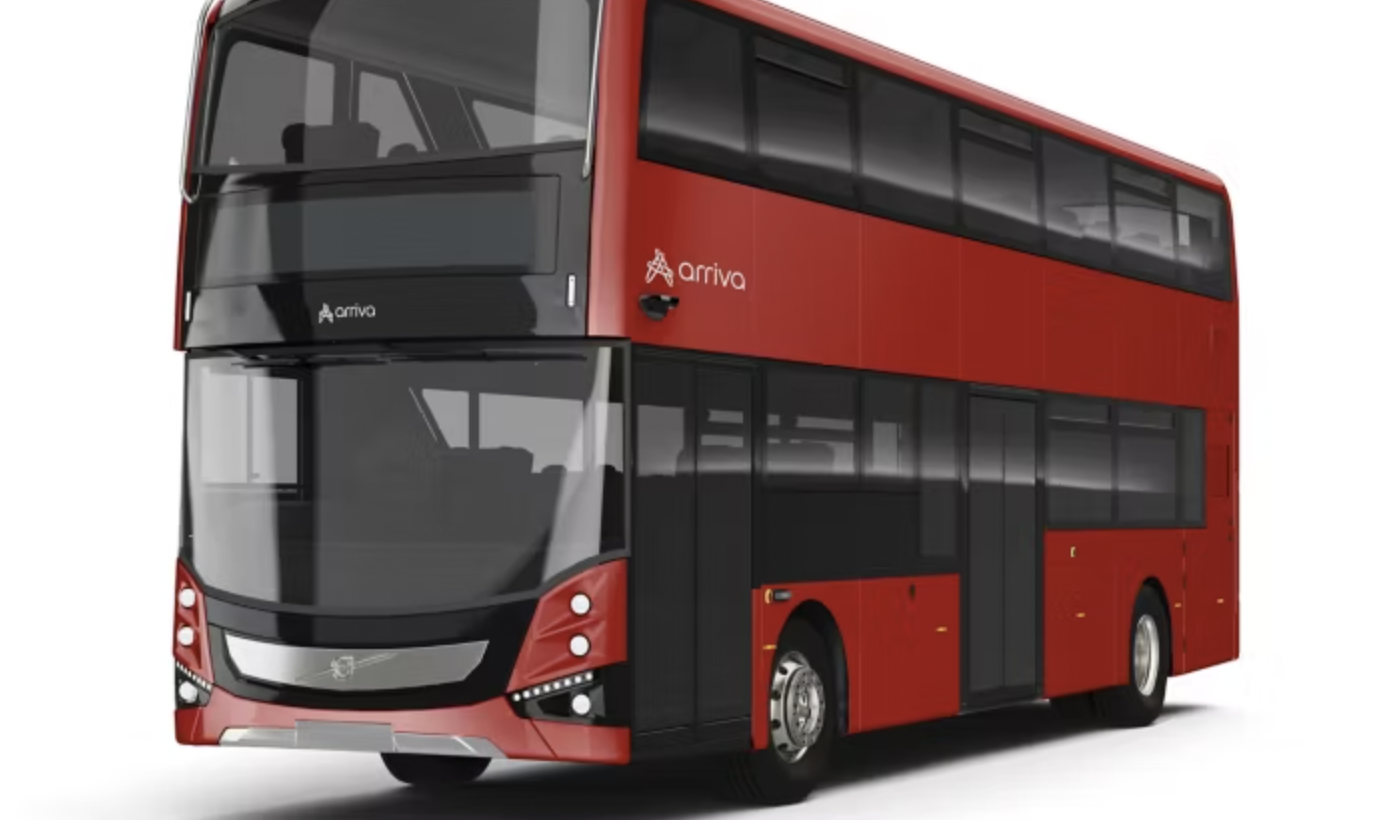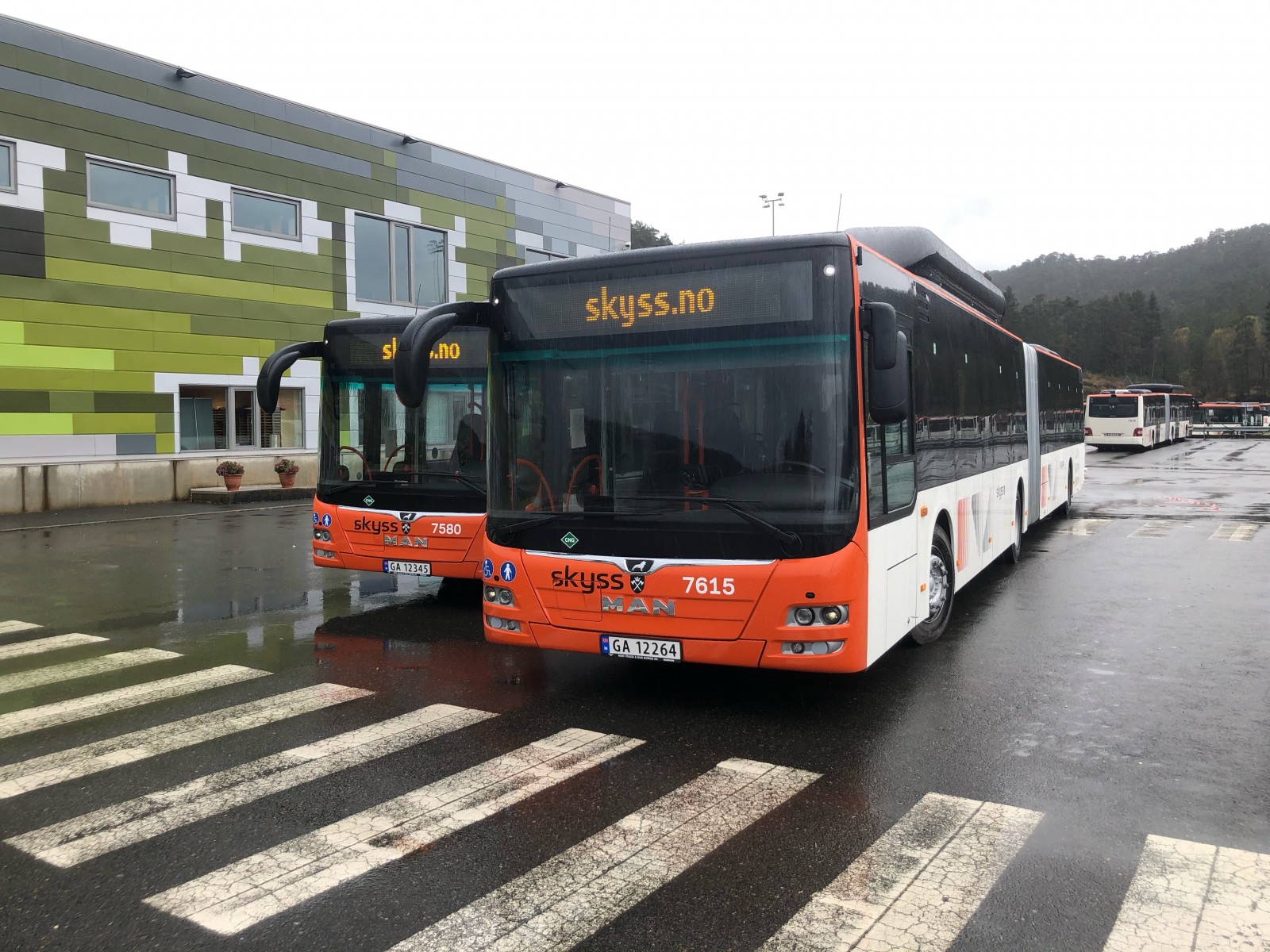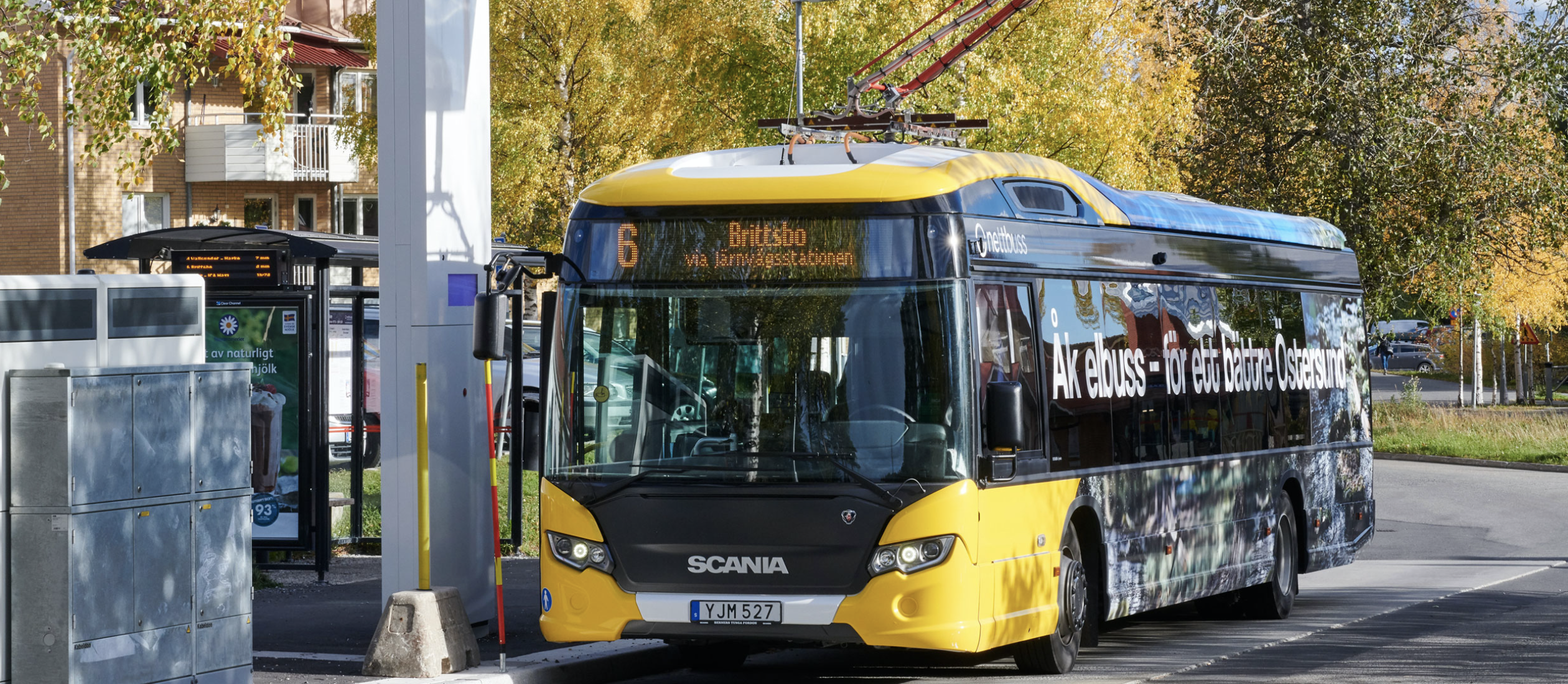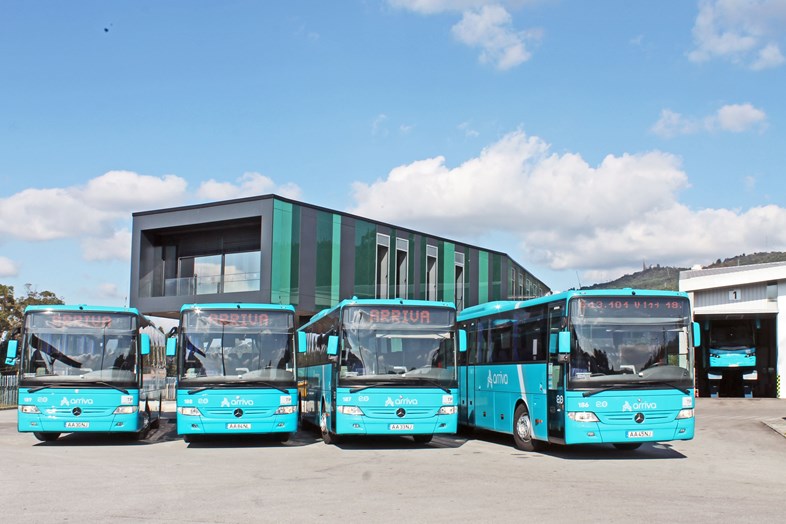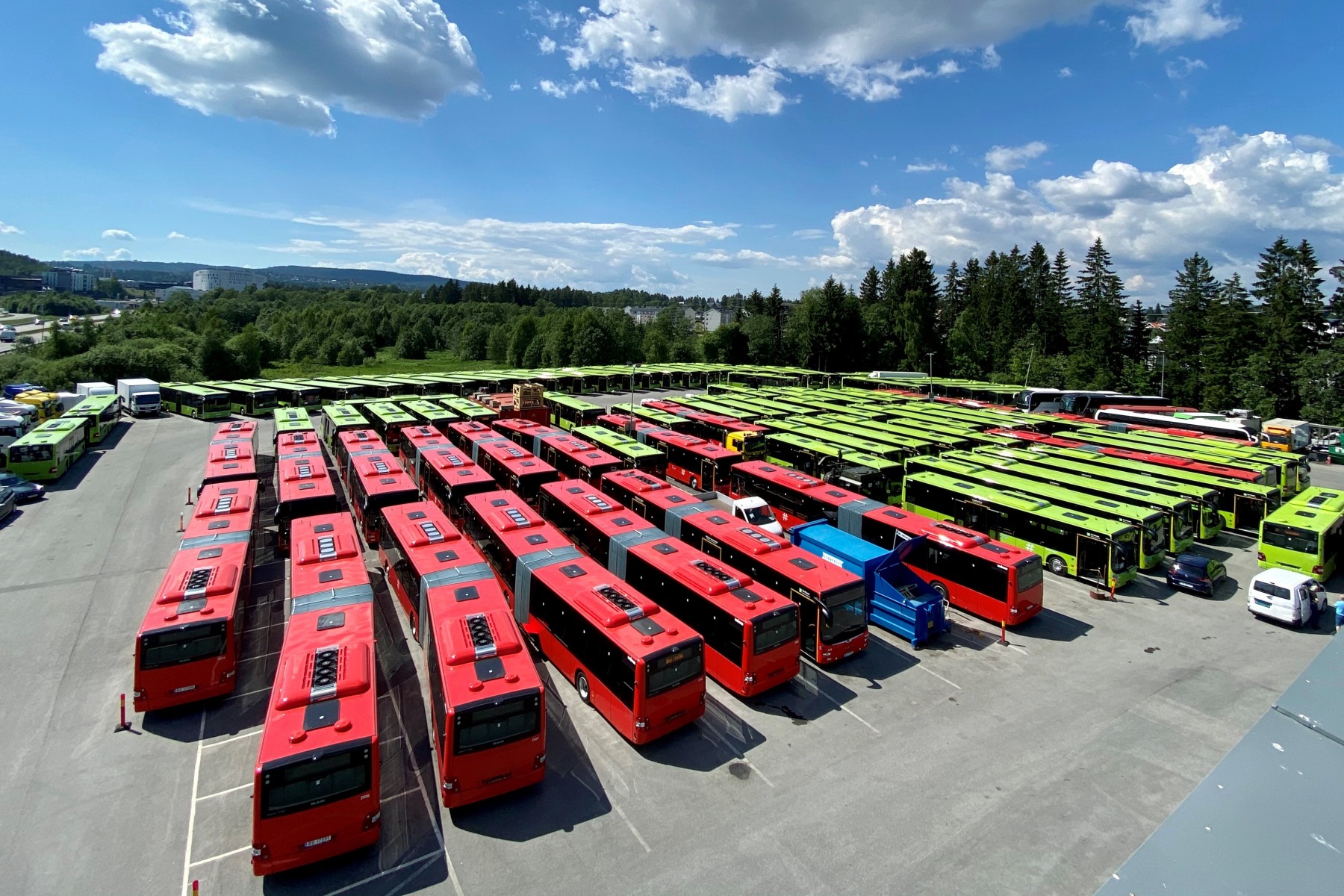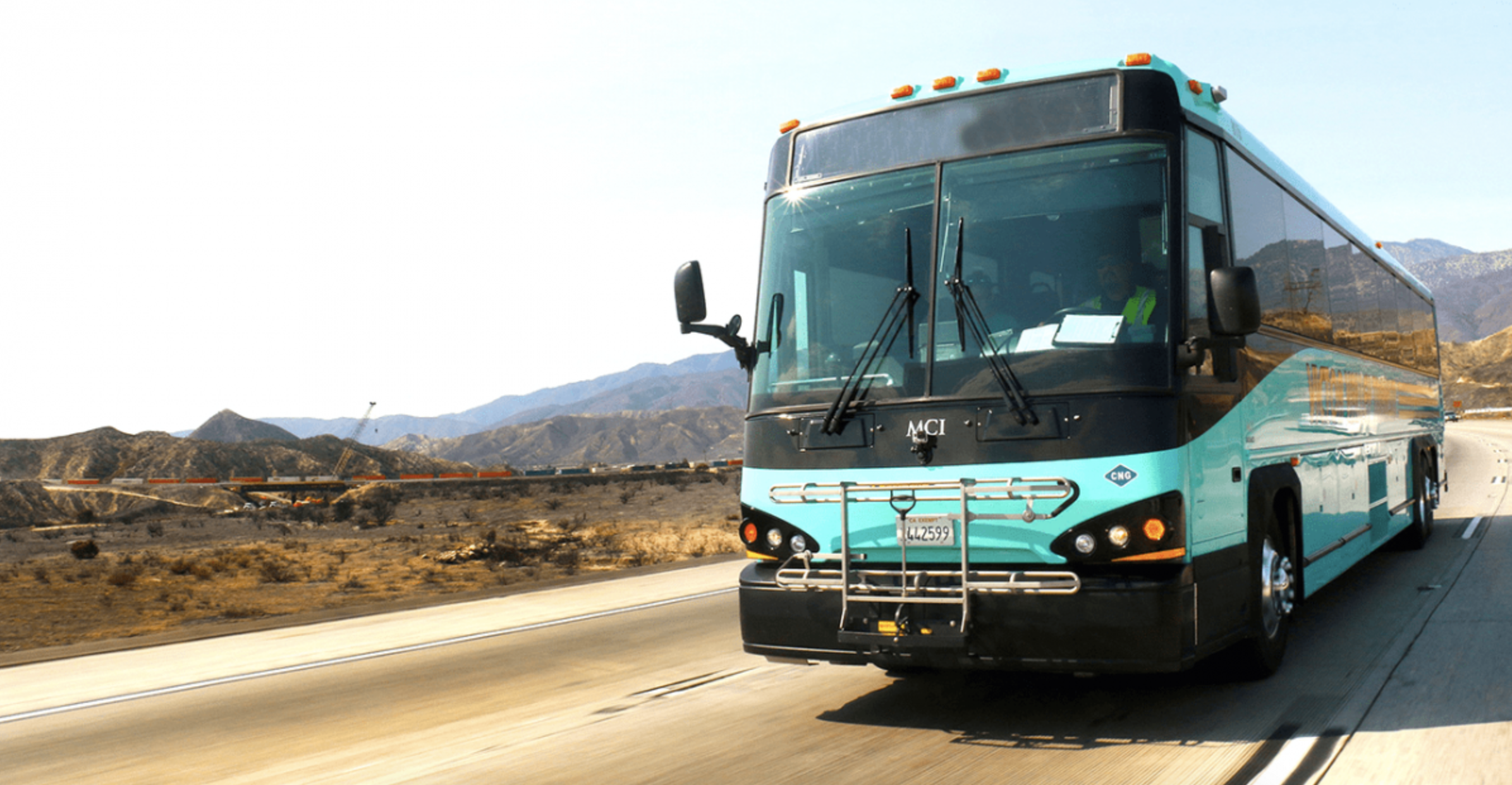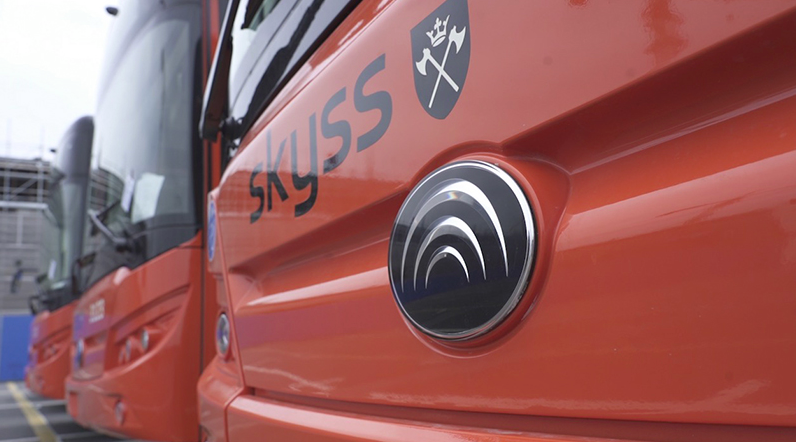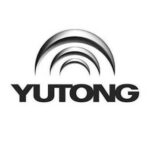Norway Launch of a Large 100% Fossil-Free Bus Network in Bergen to Reduce CO2 Emissions by 85% with Keolis
On 1 December 2020, Keolis began operating a new fossil-free bus network in Bergen, providing city residents and visitors with a sustainable shared mobility solution under a contract with public transport authority (PTA) Skyss. The city’s fleet of 138 buses—including 102 electric vehicles—now runs on 100% renewable energy, showcasing Keolis’s expertise in zero-emission and electric-powered mobility. Keolis currently operates 3,800 sustainable buses worldwide.
The launch not only grows Keolis’ footprint in Norway, where it has run Bergen’s light rail system for the past 10 years, but also reinforces Keolis’ portfolio of multimodal operations around the world including existing networks in France, the Netherlands, Australia and the US.
CEO International, Keolis Group, Bernard Tabary, said:We are delighted with our partnership with Skyss, and pleased that Keolis is able to help make sustainable infrastructure and sustainable communities a reality for the people of Bergen. Working with the PTA, we will focus on rebuilding passenger trust in the wake of the pandemic, and welcoming people back for safe, comfortable, green journeys aboard this brand-new fleet.
Fossil-Free Bus Network for Norway’s Second-Largest City
After 18 months of preparation, Bergen’s 100% fossil-free bus fleet began commercial service on December 1, 2020, with a launch ceremony attended by Mrs. Målfrid Vik Sønstabø, CEO of Skyss, Bergen’s public transport authority; Mr Jon Askeland, Mayor of surrounding Vestland County; and Gry Miriam Olsen, CEO of Keolis Norge. In June 2019, Skyss awarded Keolis a 10-year contract1 worth over 400 million euros to operate and maintain 138 green vehicles.
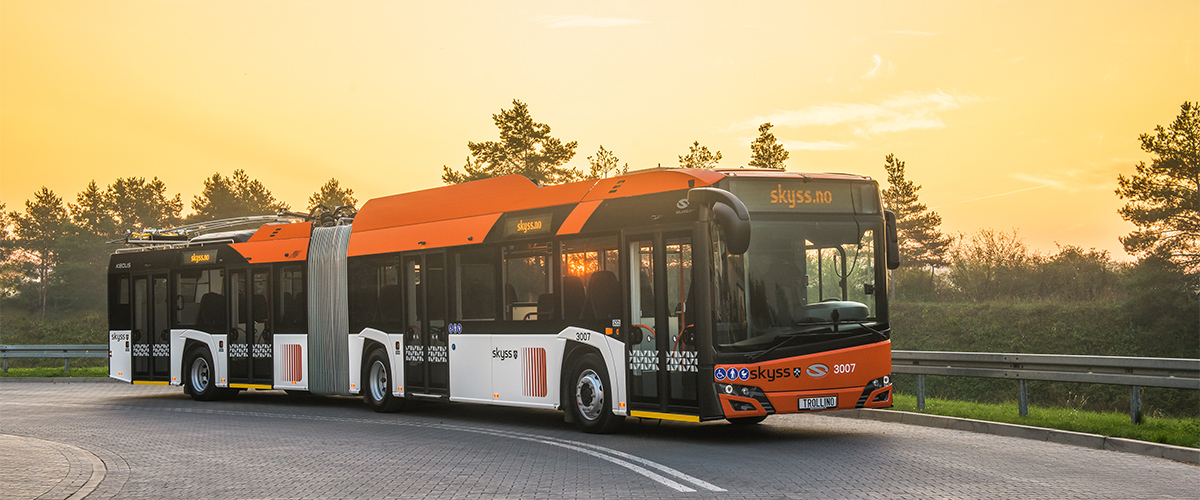
The network features 27 lines and services, among others, the Bergen light rail network, a hospital and a train station.
The fleet now features 102 all-electric Yutong buses (88 x 12 metre buses and 14 x 15 metre buses), 10 Solaris trolley buses, and 26 Volvo HVO2 buses. The vehicles are expected to run a total of 5.7 million kilometres a year, reducing CO2 emissions by around 85% over the life of the contract and making quality of life even better for Bergen’s nearly 300,000 inhabitants. Replacing a diesel bus with an electric vehicle saves some 50 tonnes of CO2 a year.
Prior to launch, a new management team was appointed, and 285 full-time drivers were transferred from the incumbent operator or recruited externally. All successfully completed their training on the new buses. Meanwhile, Bergen’s Mannsverk bus depot was upgraded and outfitted with recharging infrastructure able to charge up to 91 buses simultaneously. Overnight charging takes 5-6 hours, and enables the buses to run for 7-10 hours, depending on operating conditions.
Keolis: Bergen’s Multimodal Operator
Keolis has run Bergen’s light rail system for the past 10 years, and the new bus network makes it a multimodal provider in the city, offering passengers a more integrated mobility experience. Keolis already operates multimodal transport networks for many municipal authorities, including in the French cities of Lyon, Lille, Rennes and Bordeaux; in the province of Overijssel in the Netherlands; in Newcastle in Australia; in the Virginia suburbs of Washington, DC.; and soon in Odense3 in Denmark.
Committed to Zero-Emission Mobility Solutions
In addition to operating low-carbon electric trains, metro and trams in major cities worldwide, Keolis helps PTAs deploy clean bus fleets powered by alternative fuels like electricity, natural gas, bio-natural gas and hydrogen. The launch of Bergen’s new network is part of a series of recently or soon-to-be deployments in countries including:
- Denmark, where the Group won a contract in April 2020 for mainly electric buses that will operate in Greater Copenhagen from June 2021,
- Sweden, where Keolis will start operating the biodiesel bus network between Gothenburg and Borås in December 2021,
- The United States, where the Group is currently deploying electric buses in Reno (Nevada), Foothill (California) and Greensboro (North Carolina), and has just launched a new bus network, using mainly natural gas, in Victor Valley (Southern California).
- France, where, in 2019, Keolis contributed to the launch of a 100% hydrogen Bus Rapid Transit (BRT) service in the city of Pau, a world first for an 18-metre BRT vehicle. Also in 2019 in Amiens, Keolis launched the first 100% electric BRT service (43 buses) in Europe.
This article was originally published by Keolis.


